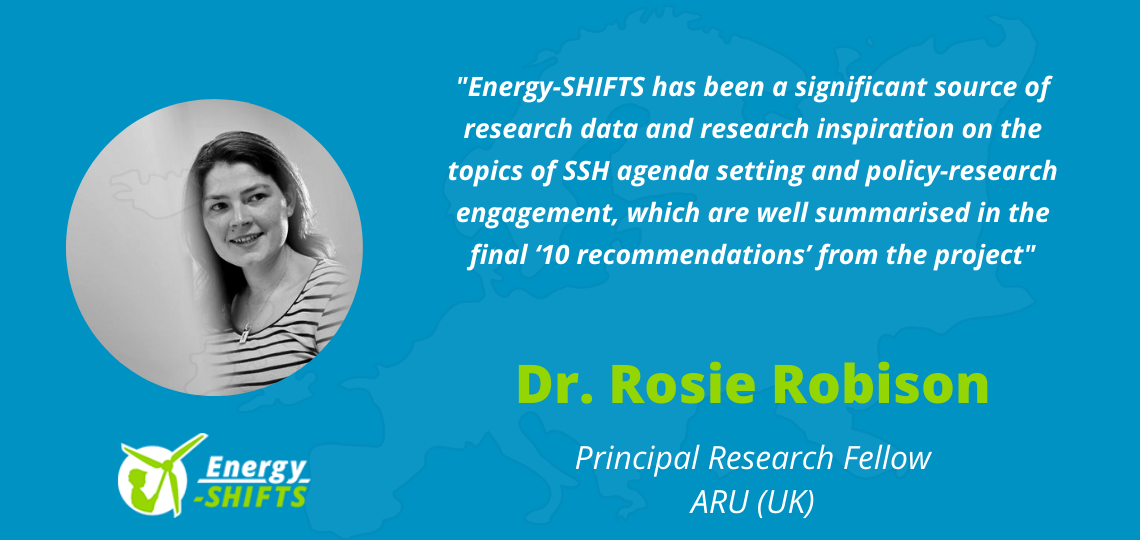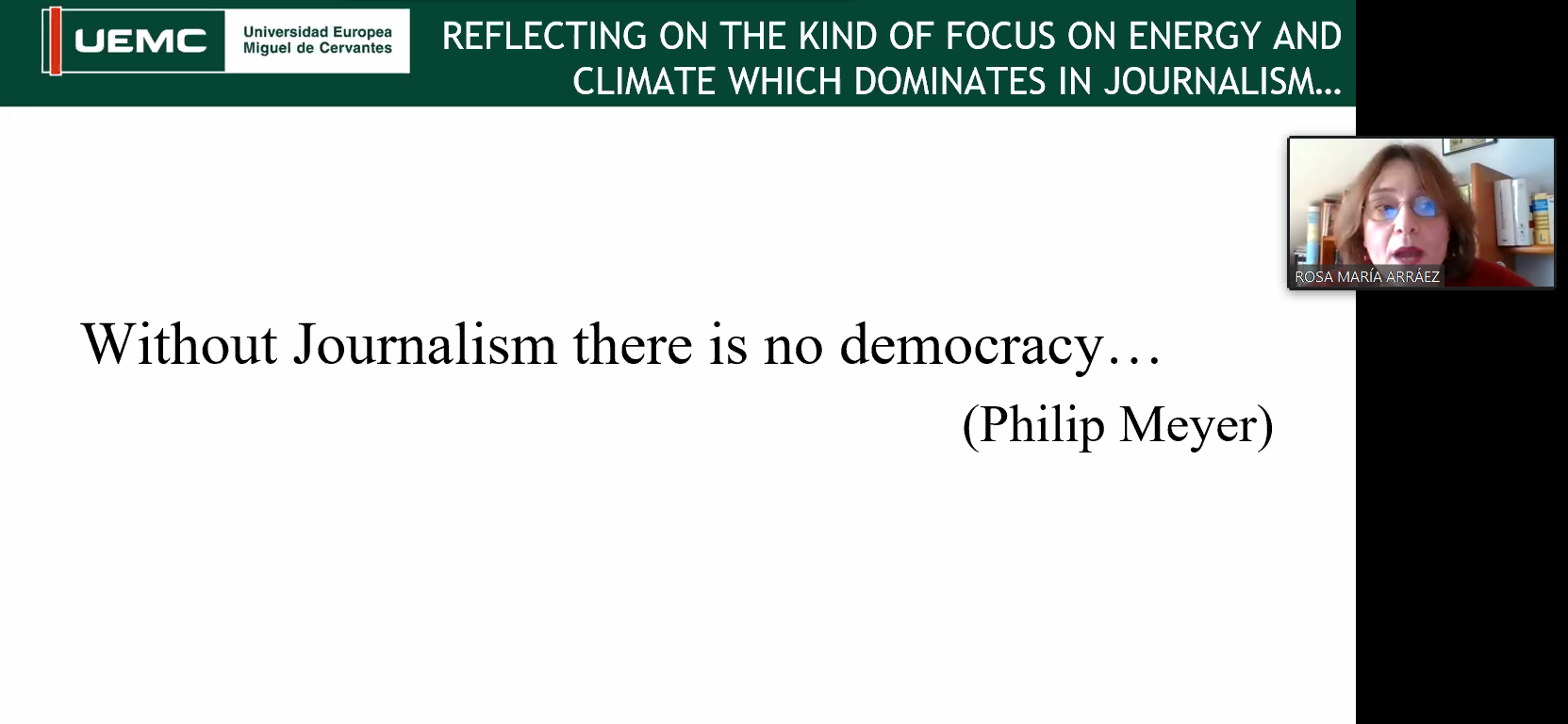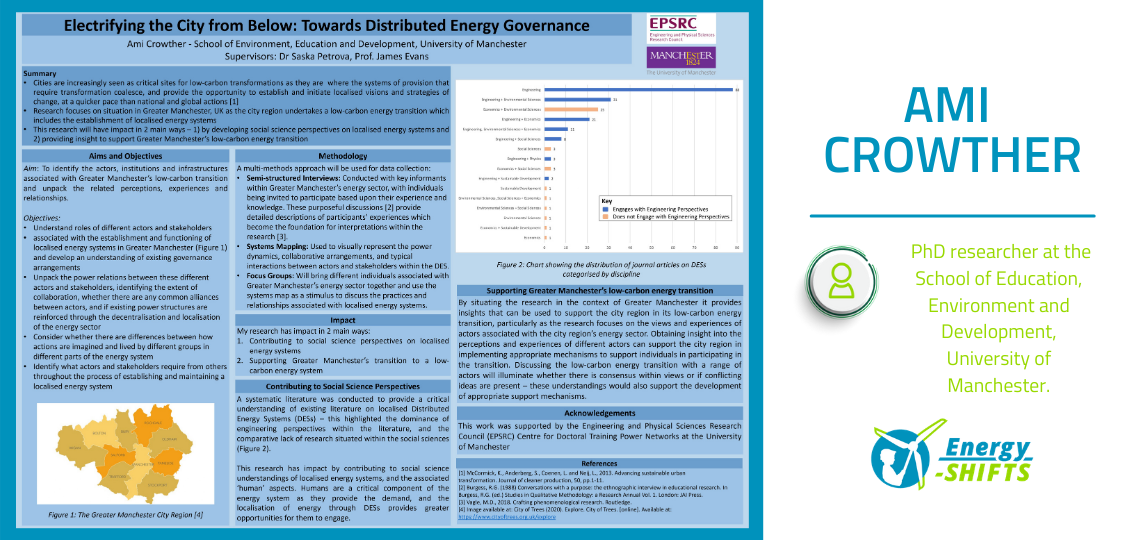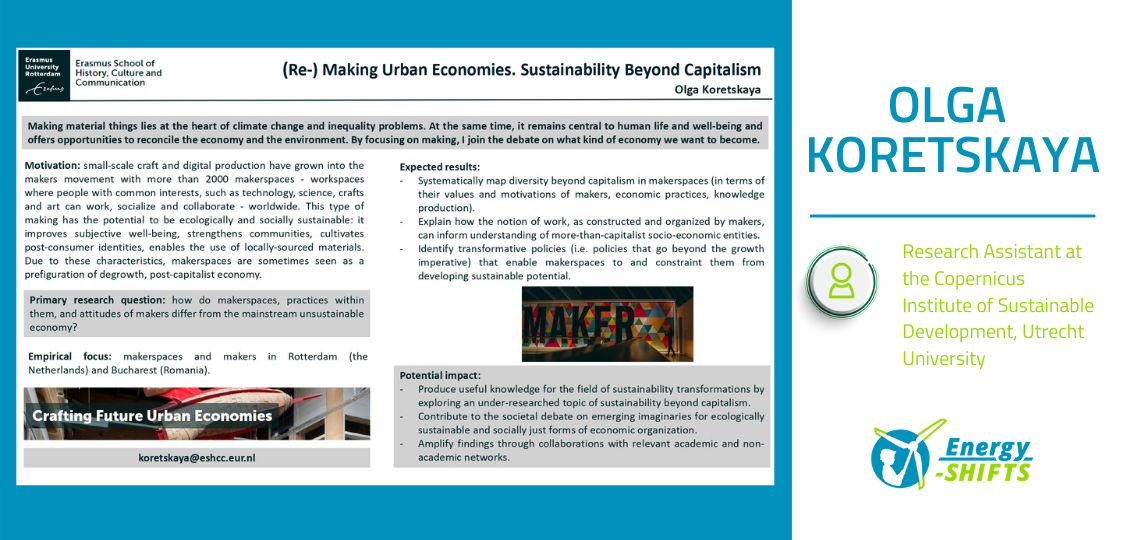Olena Nedozhogina is a PhD candidate in media and communications at University of Tartu, Estonia
We asked what is just transition to you? several times during the Prague workshop on 27th June organised by our consortium partner E3G and co-hosted with Bankwatch and Jagiellonian University. Nothing puts your mind on the topic of climate change and sustainable energy transition more than an exceptionally hot day. Notwithstanding the temperature, participants – from NGOs to local authorities, with a variety of backgrounds – showed up full of motivation.
For me it was a first experience of participating in an event focused on energy transition, and the level of community spirit immediately struck me – participants were coming from different countries across Central and Eastern Europe, but I couldn’t guess who knew each other, and who was a newcomer, as myself. As we moved from a few brief presentations straight to the group work, I immediately felt at ease – stakeholders were very eager to exchange experience and give as much input as possible.
What is just transition to you?
A simple answer is that it is a transition to sustainable energy that reflects needs of all societal groups, especially the marginalized ones. When change happens, usually it is those at the margins who suffer the most – because their resources to cope and adapt are limited.
The Prague workshop was an exercise in thinking how can we plan the needed change – as global temperatures are rising is an ever bigger from the public to move to more environmentally friendly energy sources – while not forgetting about the people whose lives are entangled with and impacted by coal mining.
It was also the first workshop for me that involved plasticine – and lots of it. In our group we discussed how communities in coal mining regions should be strengthened around creative centers, how high quality education and opportunities for re-skilling need to remain on top of the agenda, how landscapes should be treated, all while building houses, animals and reptiles from colored plasticine – almost a meditative activity.
And in the end the question most interesting for me that arose – so how social sciences and humanities can help?
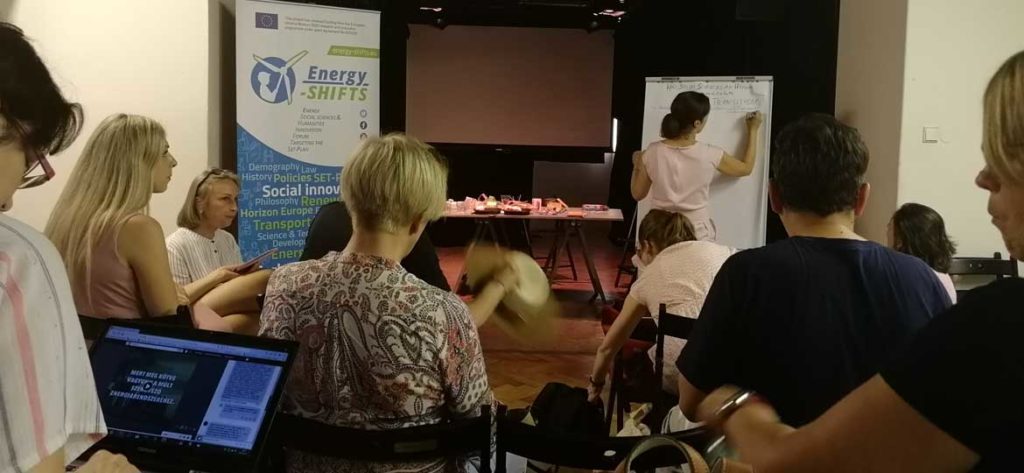
Then, what is the role of SSH in just transition?
The term is extremely broad, and usually it is not so hard to think of the possible contribution of economics (assessing the future productive paths of coal regions), pedagogics (re-education) or public administration (governing transition).
But what about history? communication? arts? For example, how do we rebuild and strengthen the identity of a region beyond its connection to coal and industry without history? How do we communicate to and with the stakeholders constructively – in the age of fakes, information over-saturation and rising polarization? How do we draw people together in the times of change?
One might not think about it, but there is a place and a role for everyone and anyone in the process of sustainable energy transition.

Olena Nedozhogina is a PhD candidate in media and communications at University of Tartu, Estonia


